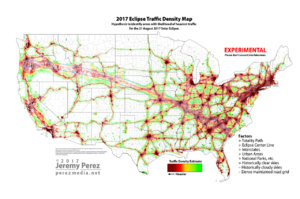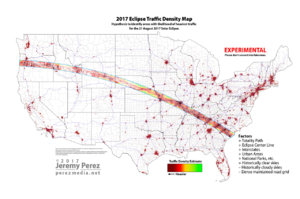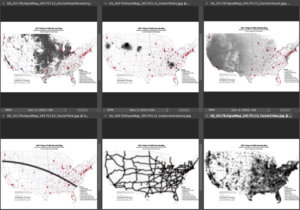Justin Wilcox
EF2
Being in Oregon, i'll probably just head down to Steens Mnt area(SE OR), and make it a 3 day camping trip or something. I havent looked into it, but im hoping I can get a shot off the Alvord Playa. The only problem is im sure every single person in this state will be heading east of the Cascades too.



